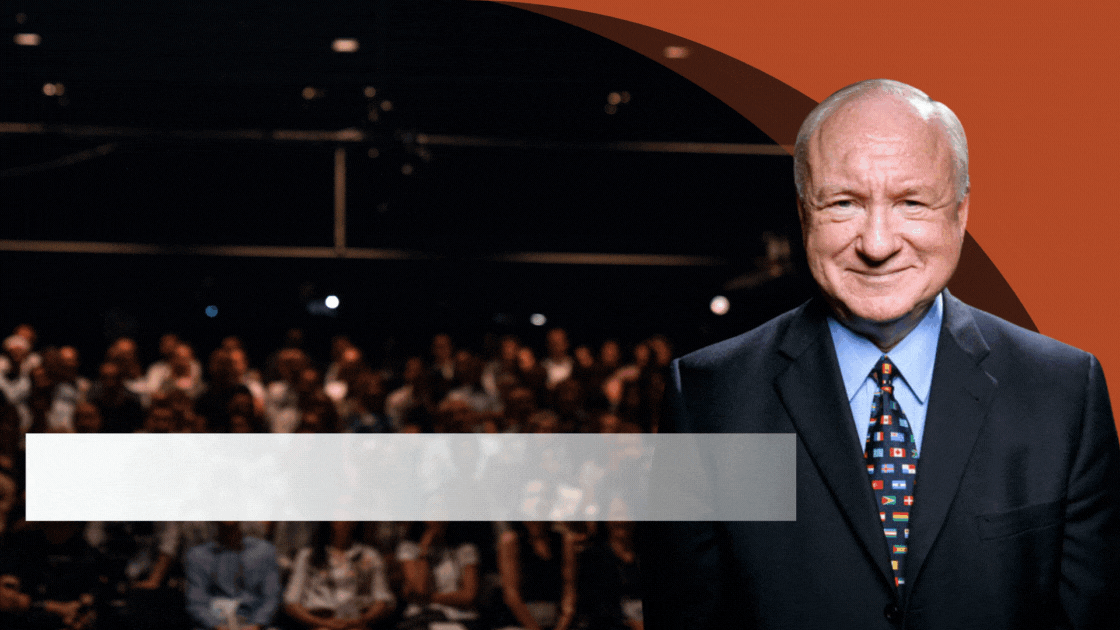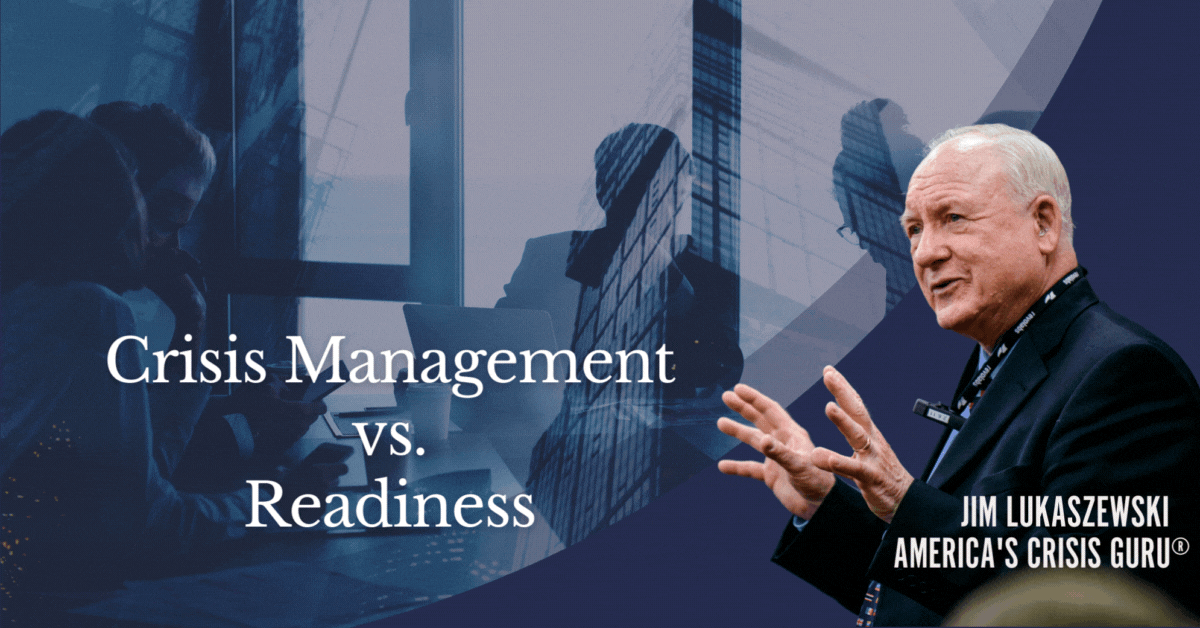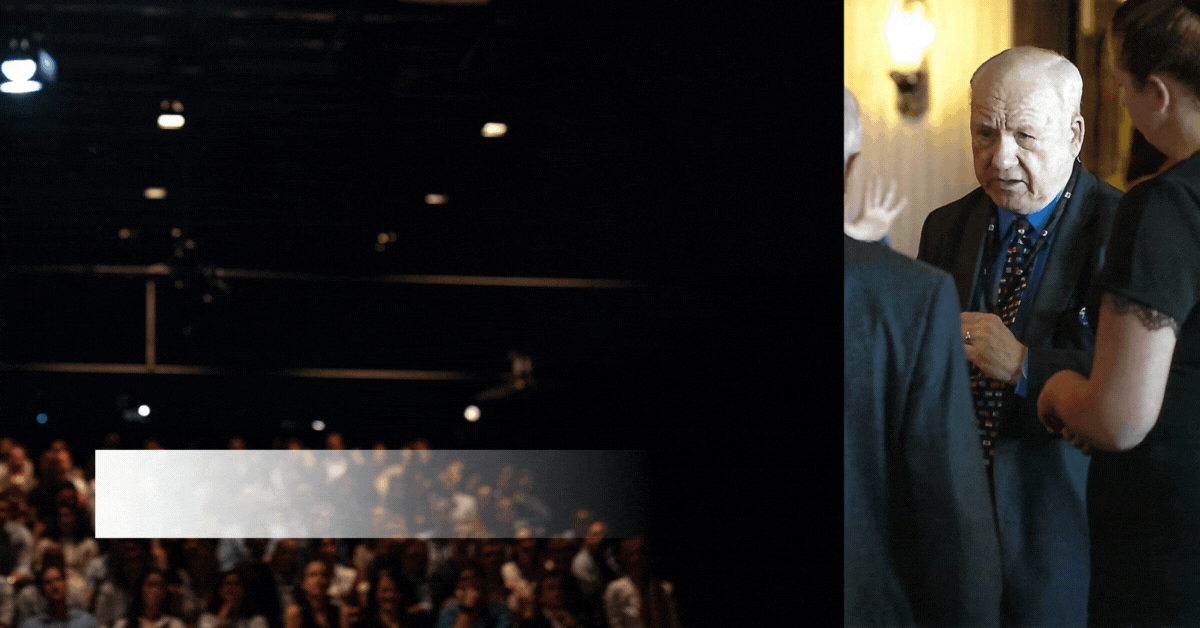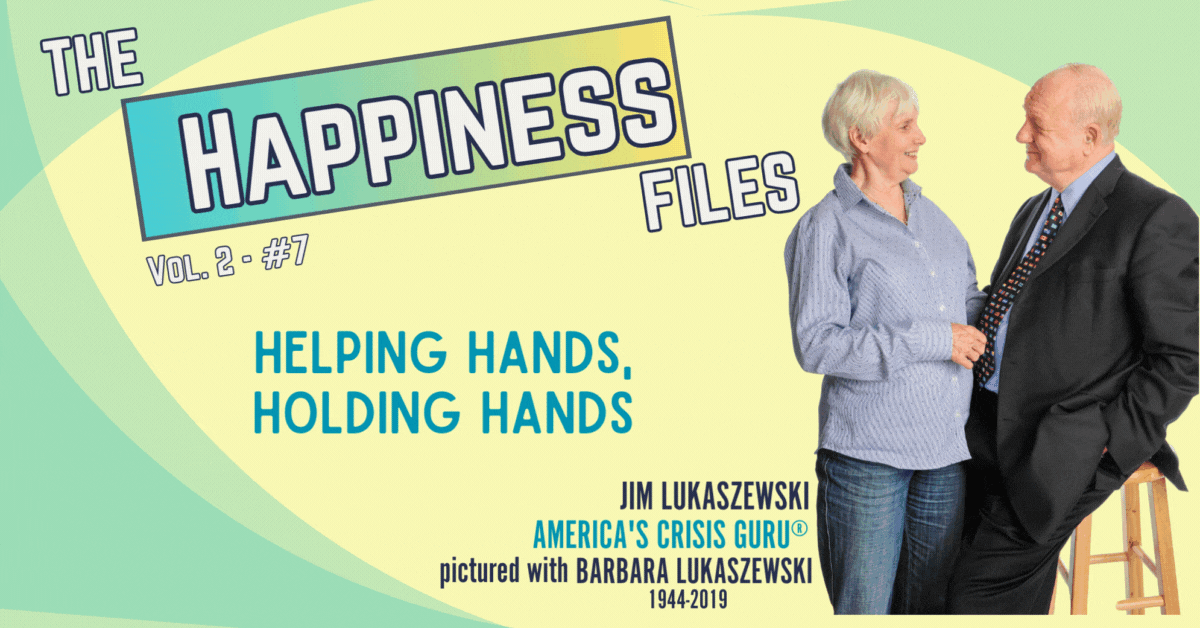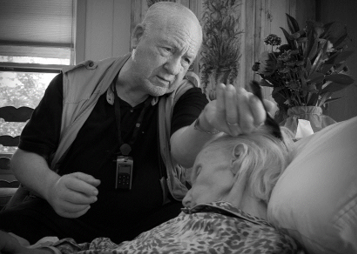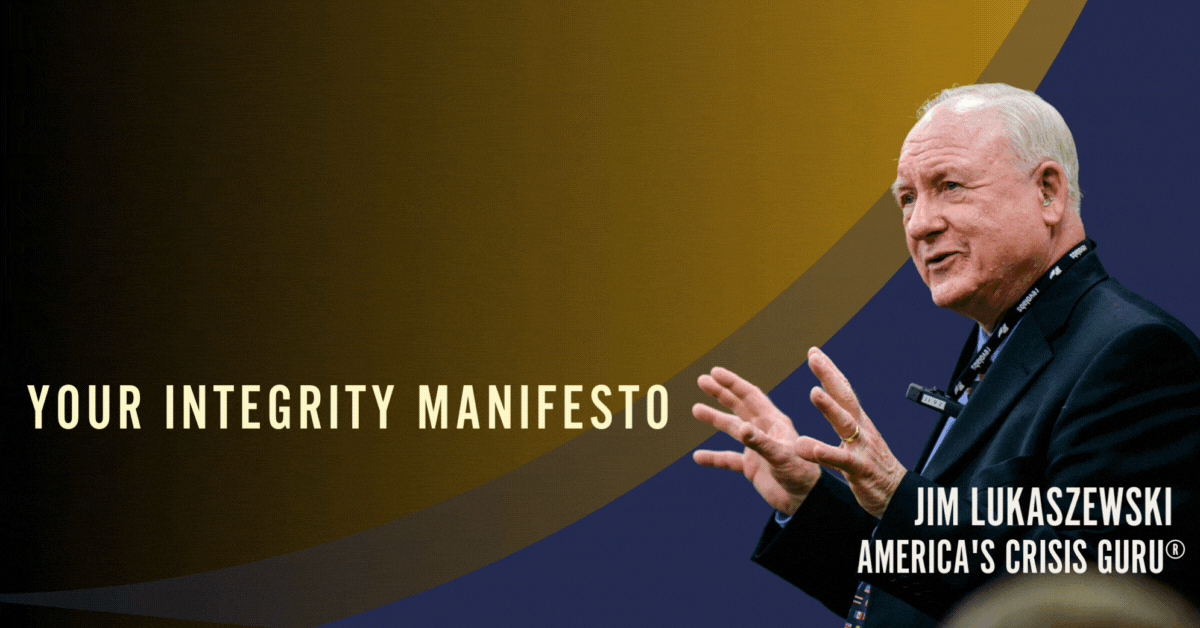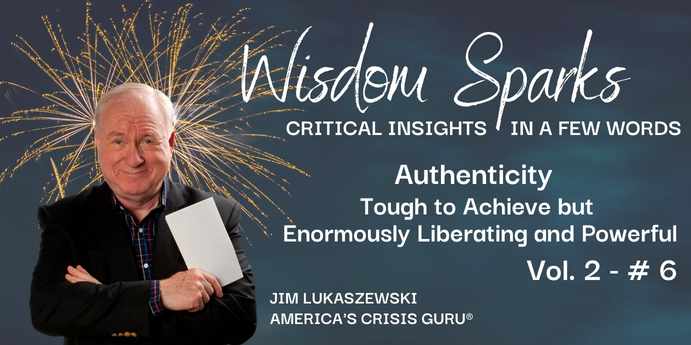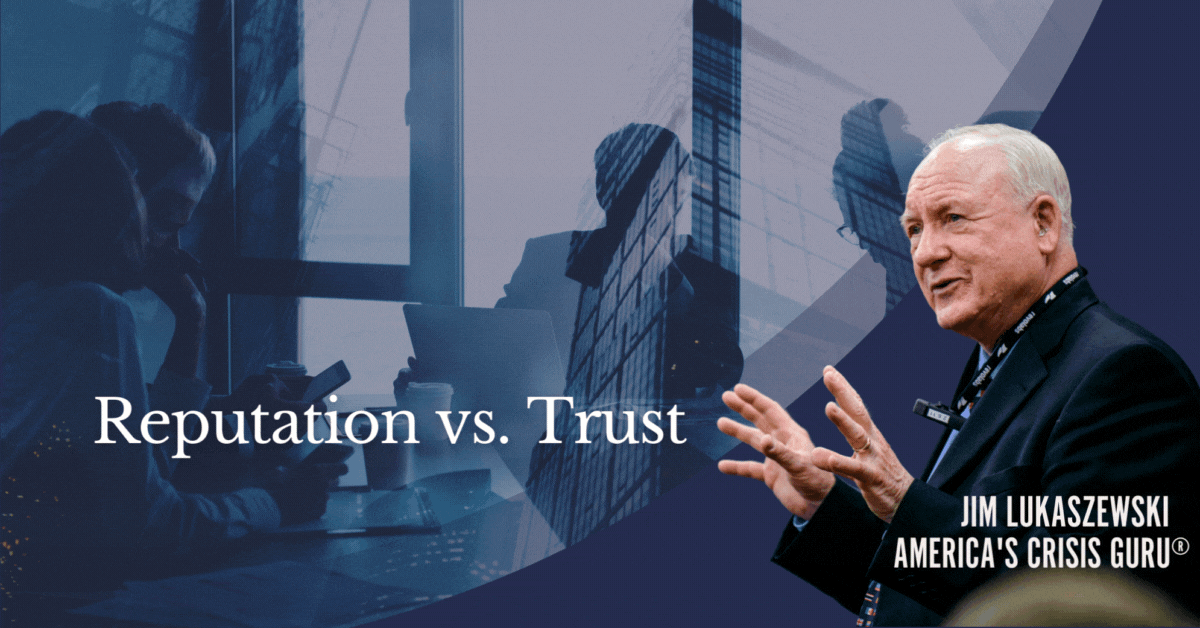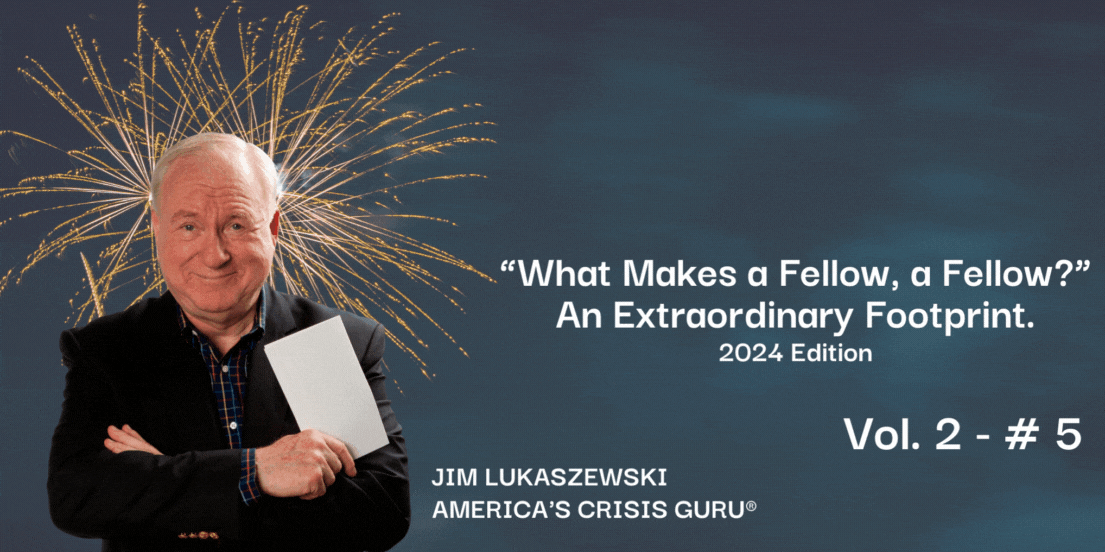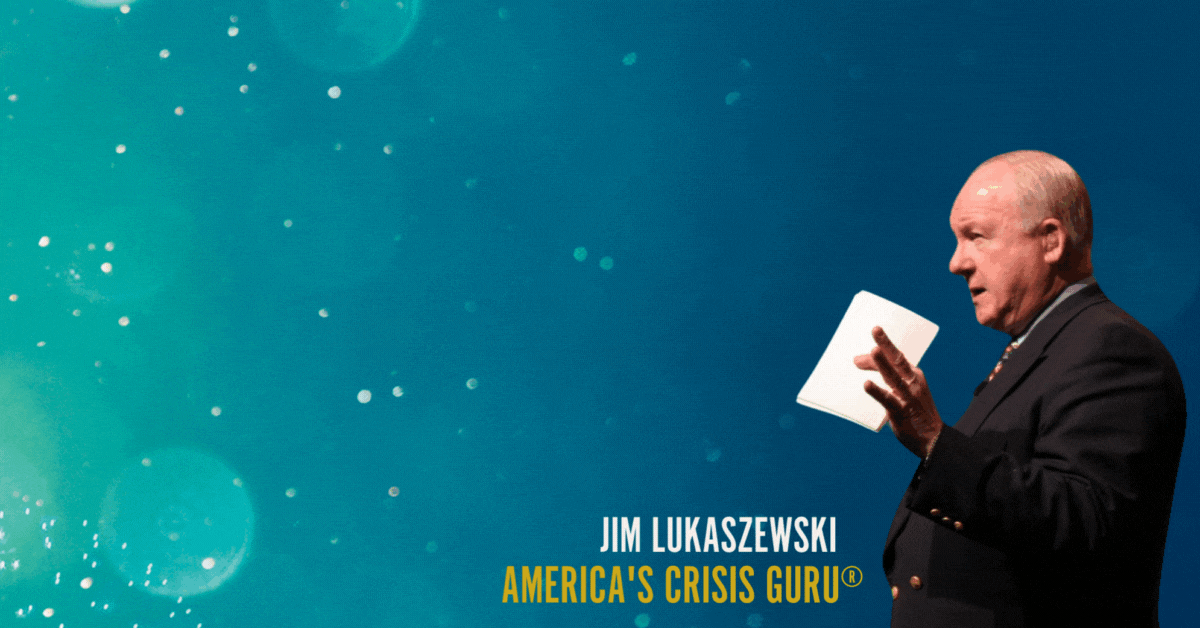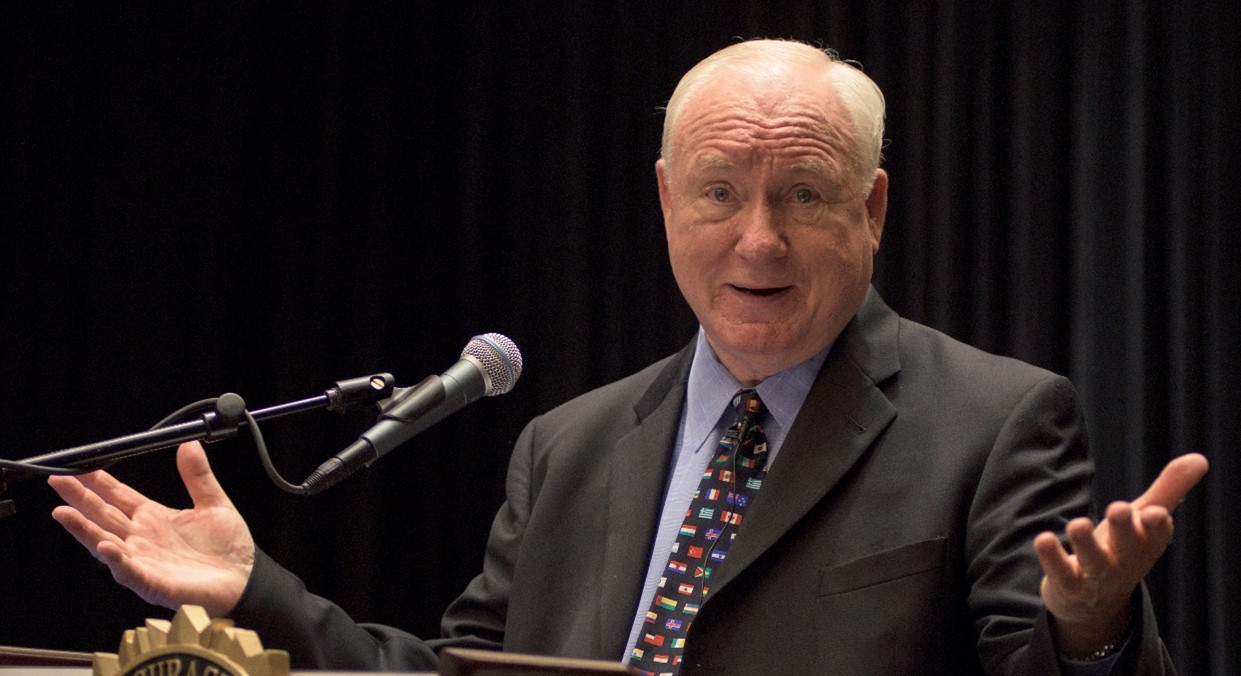- Ingredients of Leadership
- Managing the Victim Dimension of Large-Scale Disasters
- The Grand Crisis Response Strategy
- The Perfect Apology
- Profiles in Failure
Avoid Apology Avoidance
| The First Axiom of Successful Victim Management: Of all things victims want, need, and expect, an apology is the most important. |
| The First Corollary to Successful Victim Management Axiom #1: Failure to apologize when an apology is clearly appropriate has a huge cost in reputation damage, prolonged embarrassment, and often significant unnecessary legal expenses. |
Start With What Victims Expect, Need, or Want.
Victims have four powerful needs: validation, visibility, vindication, and most of all extreme empathy/apology. If these four needs are provided promptly, humanely, and with empathy, preferably by the perpetrator—victims will more easily move through their state of victimization and be less likely to call or respond to attorneys or the media, or even to call attention to themselves. The reality is that if the perpetrator fails to meet their needs or does so only partially, victims will find ways to provide for their own needs, often at the perpetrator’s reputational expense. It only takes one victim to be ignored, humiliated, revictimized, or just treated without respect to cause an earthquake of reputational disaster.
If your response starts anywhere else, see first corollary #1 above.
There is a tragic and all too common failure strategy which happens time and time again. Each of these behaviors, silence, stalling, denial, victim confusion, testosterosis, arrogance, or searching for the guilty and worst of all whining. This is the track to failure, every time. And remember, there is only one career at stake in a crisis, and that’s the person whose running the place.
Validation:Victims require validation that they are indeed victims. This recognition is best rendered by the perpetrator. If not, public groups, government, or the news media will do it. Victims will seek it. “I’m not crazy, this really did happen, and someone else is responsible.” Victims rarely sue because they are angry, because their life has been changed dramatically, or because lots of plaintiff attorneys are chasing them around. Generally, victims sue because their situation is not acknowledged and their feelings are ignored, belittled, or trivialized. If they are prevented from publicly discussing what happened to them in meaningful ways, and no one is taking prompt constructive action to prevent similarly situated individuals, animals, or living systems from suffering the same fate, victims will be looking to take more aggressive action.
Visibility:Visibility involves a platform from which victims can describe their pain and warn others. Preferably, again, the platform should come from the perpetrator or a credible independent organization that can help victims explain what happened for the purpose of both talking it out and convincing others to avoid similar risks or take appropriate preventive action. Some victimization lasts a lifetime. In the case of major disasters, invariably there will be monuments, remembrance sites, even living memorials that victims, survivors, and responders visit, talk about, and rely on. These are permanent visible symbols that recognize, redescribe, and remind the world of the suffering and sacrifice that took place. Name any major disaster dating back hundreds of years, and there is a memorial someplace, perhaps a place of worship, a graveyard, even some extraordinary monuments. And to this day you’ll find tourists, relatives, survivors, and responders at these places, visiting and coping.
Vindication:Vindication occurs when victims can take credit for any actions the perpetrator takes to ensure that whatever happened to them will never be allowed to happen to others. Victims will describe these remedial actions and decisions as proof that they had an impact and that their suffering will now benefit others because of these new decisions, actions, and practices. Let it happen; let them take credit. It’s part of their rehabilitation and part of the restoration of the perpetrator’s reputation.
Extreme Empathy and ApologyApology has the atomic energy of empathy. If you want to stop bad news almost dead in its tracks, apologize. If you want to generally stop litigation and move to settlement, apologize. If you want to dramatically decrease the newsworthiness of almost any adverse situation, apologize. If you want to demonstrate that you truly care about the victims or the victimization you caused, apologize. While the lawyers may strongly advise against any form of apology because, under law, an apology is an admission, there is a growing body of evidence and data to demonstrate that apologies, promptly and sincerely delivered, virtually eliminate the potential for litigation. This means that while the lawyer’s advice needs to be listened to, if the victim refuses to sue, it may be time to find a lawyer specializing in negotiation, effective settlement options, rather than pursuing a futile effort to deny what the victim needs most— someone taking responsibility through settlement.
How Perpetrators Avoid Apologizing
In my experience, there are five general approaches executives and leaders use to avoid apologizing:
- Self-forgiveness
- Self-talk
- Self-delusion
- Lying
- Conventional but false “Truths”
You’ll recognize each one by the language these executives use. All apology avoiders deny and deny until they are caught. Then they blame those around them. I always recommend talking about these avoidance excuses, if given the chance, as widely and as soon as the subject, or argument, about apology arises which is usually early in crisis (where there are victims) and reputationally damaging situations. It is crucial that those around leaders and Managers be able to identify, speak up, and call attention to these falsities and fallacies repeatedly as apology denial starts.
The number one excuse is, “The lawyers won’t let me apologize.” Look, lawyers are important consultants, yet they can only advise. It’s always up to the client to decide. In crisis, if you are a trusted strategic advisor, your advice will have sometimes as much weight as the attorney’s, sometimes more. It’s still up to the client to decide. When it comes to apology your leadership advice should at least equal the weight of the lawyers advice. Apologies are leadership decisions. The possible legal consequences are widely known.
The reality is that apology is always a leadership decision, first. Rarely just a legal decision. Wait a minute. Yes, an apology is always an admission whatever the circumstances and has legal implications. That’s one of the reasons we have attorneys.
As always, consult qualified legal assistance in any situation which would appear to have legal implications or where required.
Ingredients of LeadershipThe main point of this piece is that leadership, especially top leadership, has far broader responsibilities for making crucial decisions and actions when there are victims: damage or death to people, animals, or living systems. A higher level of compassion, truthfulness, and empathy are required very quickly, to get serious matters settled to the satisfaction of victims.
Managing the Victim Dimension of Large Scale DisastersApology Is The Atomic Energy Of Empathy
Lukaszewski Truism # 2
Let me repeat my definition of apology as the Atomic Energy Of Empathy because, when genuine apologies are given, bad things start to stop happening. Bad decisions are slowed or stopped before they can cause more damage. One of the most common things to stop happening is “get even” behavior and victim-driven litigation. There frequently is litigation over damages, that’s what insurance is for. Following an apology, the tone is different, and settlement becomes the focus, although your legal preparations also continue.
There could still be court time when there is an apology. You will prepare as your lawyer instructs, but here’s another powerful twist. Where there are especially inflammatory or damaging and embarrassing issues, hire a second independent law firm, one specializing in reconciliation and settlement to start settlement talks immediately. No law firm is large enough to litigate and negotiate a settlement at the same time. Give settlement a chance to occur faster than the traditional pretrial defense litigation steps. Besides, the odds of a litigation actually getting to trial in the U.S. are very small (like one out of more than a hundred). Courts encourage and support settlement talks at the earliest possible time. It’s litigators who tend to get in the way.
| Note: This is Public Relations Advice. When there are legal issues and questions, always consult an attorney. |
Running settlement negotiations simultaneously with litigation preparation seems to be a novel idea. In the few times when a client I’ve encouraged has used this approach, settlement happened very quickly. High-profile, hugely embarrassing, and revictimizing circumstances were avoided.
An Effective Apology Has Five Must-Be-Done Components
- admission of doing something that hurts of victimizes
- explanation of specifically what the harm is/was
- discussion of lessons learned and behaviors that will change
- direct request for forgiveness from the victims
- penance to be performed to atone for the damage done
The Lexicon of Self-Forgiveness
Often, the first refuge of troubled leadership and management.
The Four Apology Avoidance Strategies
Strategy 1. Self-forgiveness:- “It’s an industry problem; we are not the only ones.”
- “This isn’t the first time this has happened, and it won’t be the last time.”
- “Let’s not blow this out of proportion.”
- “We couldn’t have known.”
- “It’s not systemic.”
- “Don’t our good deeds count for anything?”
*The “Not, Can’t” Warning: Whenever not or can’t appear in a statement, either are almost always preceded or followed by a lie. Avoid using not and can’t at all times.
Strategy 2. Self-talk:- “It’s an isolated incident.”
- “It couldn’t have been done by our people.”
- “Not many were involved.” (Injured or Killed)
- “If we don’t do it, someone else will.”
- “Let’s not get ahead of ourselves.”
- “It’s not our fault.”
- “It’s not our problem.”
- “We can’t be responsible for everything.”
- “It won’t happen again.”
- “It was only one death, in one place, at one time. Why is everyone so angry?”
- “Life can’t exist without risk.”
*The “Not, Can’t” Warning: Whenever not or can’t appear in a statement, either are almost always preceded or followed by a lie. Avoid using not and can’t.
Strategy 4. Lying:- “I don’t know.”
- “We’ve never done that.”
- “It hasn’t happened before.”
- “It can’t happen again.”
- “We won’t give up without a fight.”
- “I’m not a crook.”
- “I did not have sex with that woman.”
- “I’m not a racist.”
*The “Not, Can’t” Warning: Whenever not or can’t appear in a statement, either are almost always preceded or followed by a lie. Avoid using not and can’t at all times.
Share these lists with every executive so they know all of these excuses are off-limits. Don’t worry the urge for avoidance is so strong they will begin thinking of new ones immediately. As you hear the new avoidance language, build another list and circulate immediately to executives to re-inoculate them against apology avoidance.
Maybe, have the boss call his/her mom (they probably have already) and ask their advice before trying any of these avoidance strategies. We both know what her advice will be. Take it and have a better life, maybe even keep your job. Only the attorneys will be angry, but apology, humility, and compassion are the real work of leaders when bad things happen, and victims are created.
| Note: This is Public Relations Advice. When there are legal issues and questions, always consult an attorney. |
Though not an attorney, James (Jim) E. Lukaszewski has been one of America’s most visible corporate go-to people for senior executives and their attorneys when there is trouble in the room or on the horizon. Jim was often retained by senior management to provide personal coaching and executive recovery advice for executives in trouble or facing career-defining moments, problems, and succession or departure issues. Corporate Legal Times once called Jim one of “28 experts to call when all hell breaks loose” and PR Week called him one of 22 “crunch-time counselors who should be on your speed dial in a crisis.”

